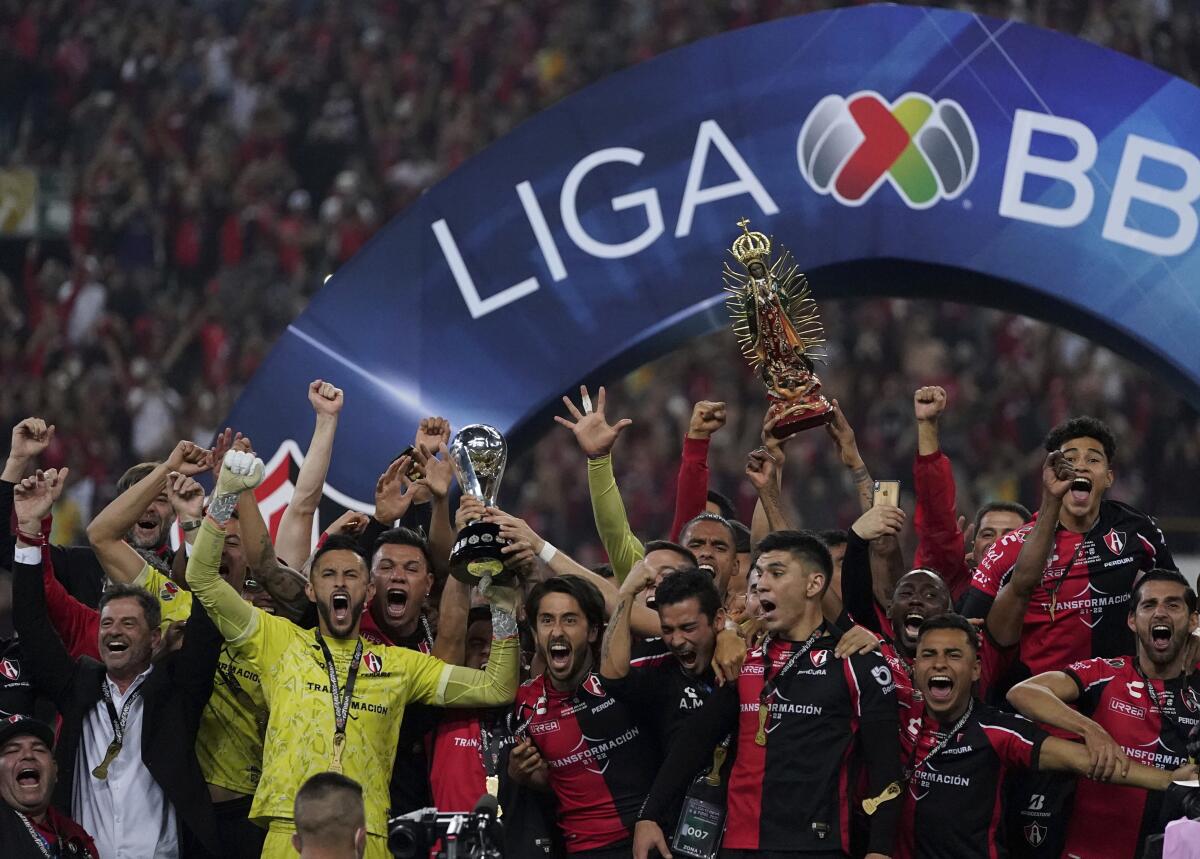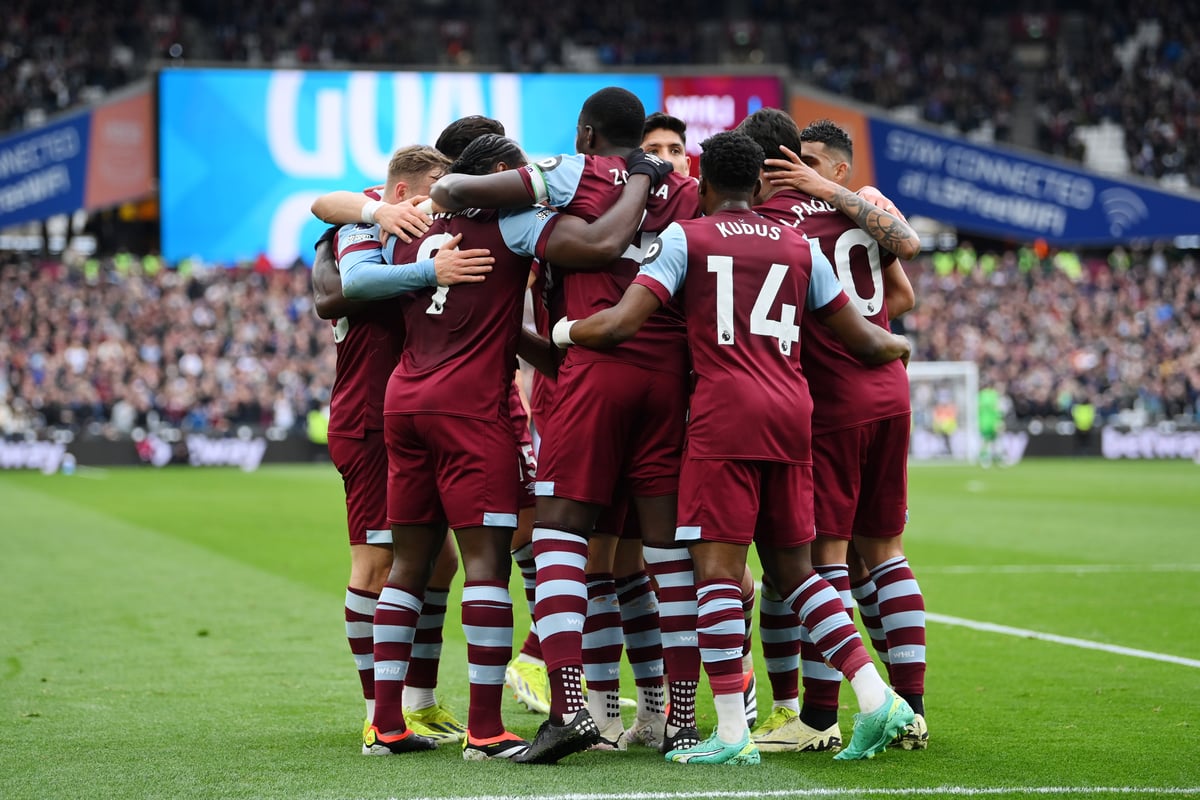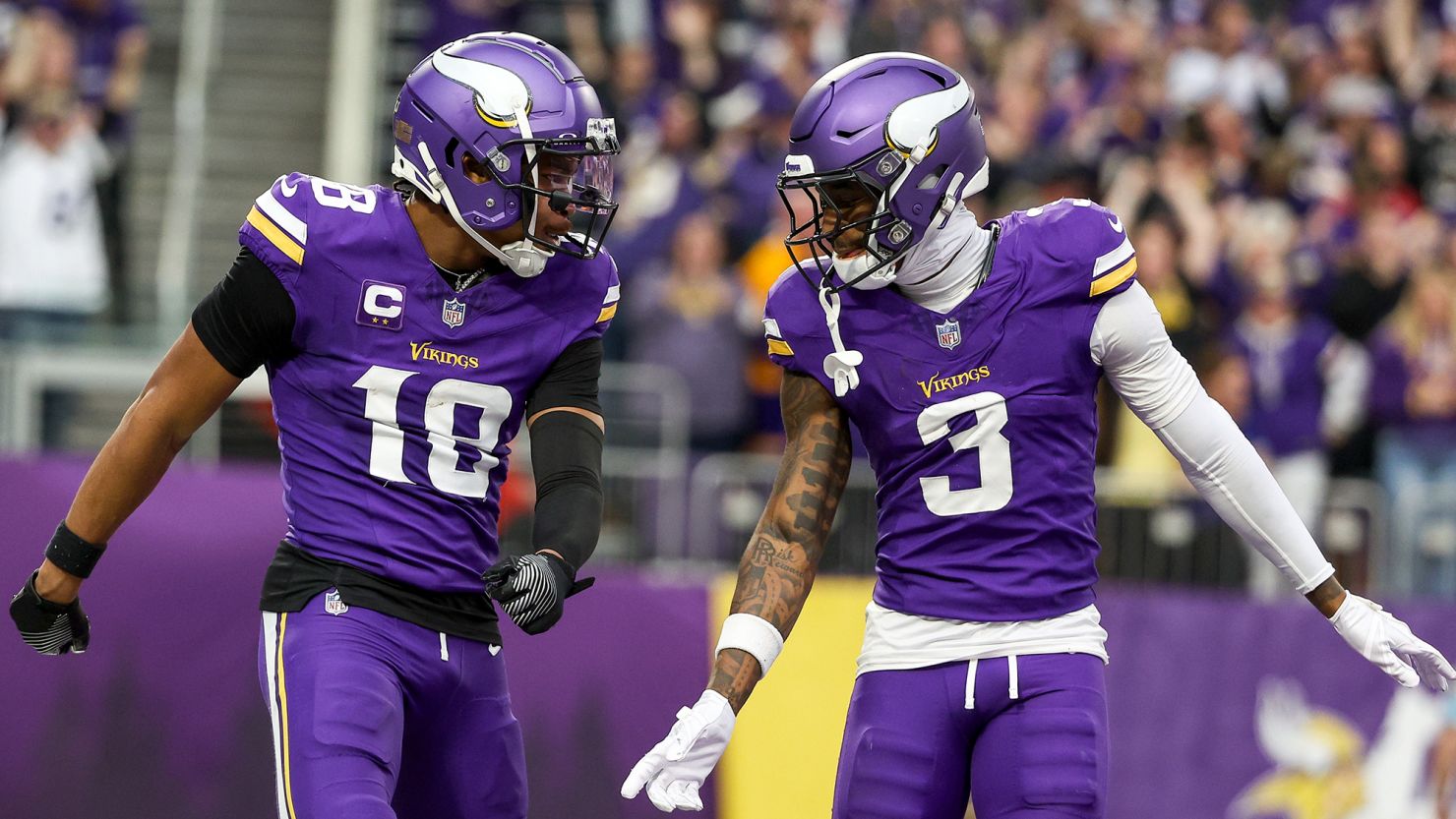Orlegi Sports has formally initiated the sale process for Atlas FC, marking a significant moment not just for the club, but for the broader landscape of Mexican football governance.
Since acquiring the Guadalajara-based team in 2019, Orlegi has overseen a transformational period. The club’s trajectory shifted dramatically—both on and off the pitch—through a strategic management model that prioritized professionalism, sustainability, and long-term value creation.
A Four-Year Legacy of Transformation
Under Orlegi’s stewardship, Atlas has experienced one of the most successful and ambitious revamps in its history:
- Player Development Infrastructure: The launch of the AGA Academy signaled a commitment to building from the grassroots up. It quickly gained recognition as a world-class hub for elite youth development in Latin America.
- Venue Modernization: Estadio Jalisco underwent major modernization efforts aimed at enhancing both the fan experience and the stadium’s commercial viability. This positioned the venue as a more attractive platform for sponsors and community stakeholders alike.
- On-Field Glory: Atlas broke its 70-year title drought with back-to-back Liga MX championships in 2021 and 2022, followed by a Campeón de Campeones title. The club not only found success but did so in a way that reignited its cultural relevance.
The Sale Process: Strategic and Systemic
Orlegi has appointed Moelis & Company and other top-tier advisors to manage the sale, ensuring a structured transition aligned with Liga MX regulations. This is more than just a divestment—it’s a case study in responsible ownership exit strategy.
But the move also responds to a deeper shift underway in Mexican football: the slow but deliberate dismantling of multi-club ownership models (MCOs). With Atlas on the market, the focus now turns to Grupo Pachuca, the last major entity holding multiple Liga MX clubs (León and Pachuca).
Regulatory bodies are applying increasing pressure to align Mexican football governance with international standards, where club independence is a core principle. As such, the sale of Atlas can be viewed as both a business decision and a necessary step toward systemic reform.
A New Chapter, A New Buyer?
What comes next for Atlas will depend on who steps forward. Whether it’s a private equity-backed sports group, an international consortium, or a local visionary investor, the foundations laid by Orlegi make Atlas an attractive proposition.
But beyond valuations and negotiations, this moment also raises a fundamental question: What does future-ready club ownership look like in Mexico?
Atlas, once a symbol of missed potential, is now a test case for how institutionalized football operations—and responsible exits—can reshape an entire ecosystem.
IMAGE: AP


